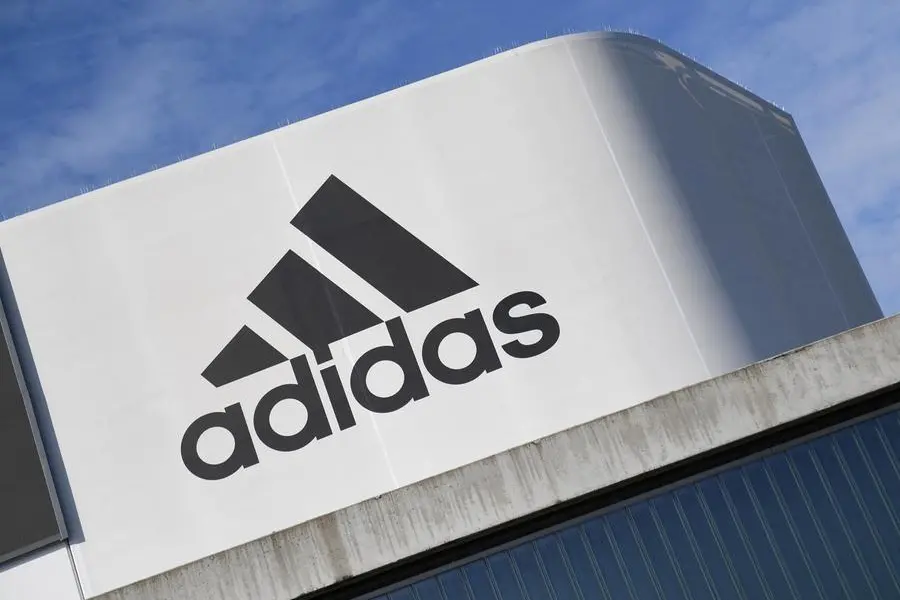PHOTO
FUERTH, Germany - Adidas will sell some of the merchandise from its defunct Yeezy partnership with rapper Kanye West and donate part of the proceeds to international organisations, CEO Bjoern Gulden said on Thursday.
The German sportswear giant has been in a predicament over the Yeezy stock since it cut ties with West over his anti-Semitic comments late last year, with the controversy weighing on its stock and hitting its bottom line.
Millions of Yeezy brand shoes with a retail value of 1.2 billion euros ($1.3 billion) are sitting in storage after their sale was put on hold.
Addressing investors in the southern German town of Fuerth after the debacle contributed to the company's first annual loss in 31 years, Gulden said it had yet to be determined when and how the planned sale would proceed.
"We are working on these things. Burning the goods would not be a solution," he said, adding the proceeds would be donated to international organisations that West, who changed his name to Ye in 2021, had harmed with his comments.
Shares in Adidas were up 2.2% at 1000 GMT.
By selling some of the stock, the company is potentially minimising a $700 million loss this year, but it is unclear how much stock will be sold and what proportion of the proceeds will be donated.
If the goods are sold, West will be entitled to previously-agreed commissions - 15% of turnover, according to media reports. Adidas has declined to comment on this.
Gulden defended Adidas' years-long collaboration with the rapper, saying that "as difficult as he was, he is perhaps the most creative mind in our industry".
First-quarter results - due to be announced on May 5 - will likely show a 4% decline in net sales to $5.07 billion, according to a company-compiled consensus.
But investors have high hopes Gulden can turn Adidas around. The stock has gained around 65% since Nov. 4, when the former Puma CEO was first floated as a successor to Rorsted.
($1 = 0.9084 euros)
(Reporting by Alexander Huebner; Writing by Miranda Murray Editing by Friederike Heine, Mark Potter and Matt Scuffham)





















